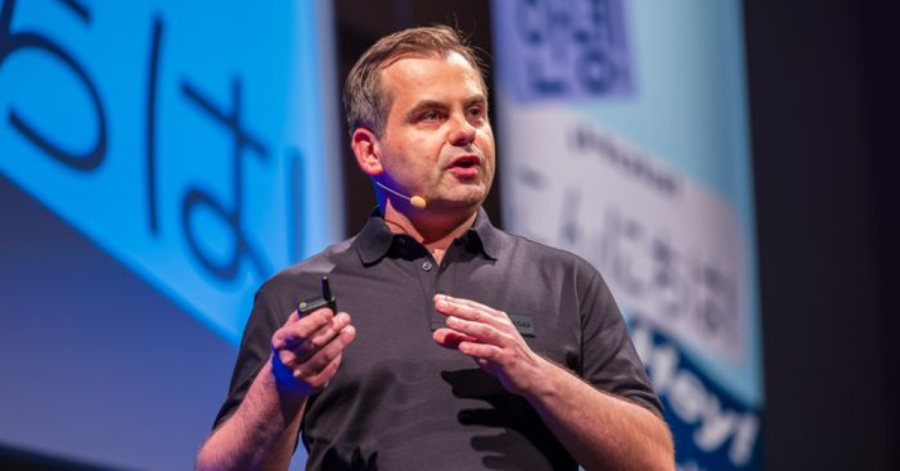In a nutshell
- Polish-founded DeepL, a startup focused on AI-powered translation services, announced a $300M investment at $2B valuation.
- The round was led by Index Ventures.
- The investment will be used for further expansion into the US, Asia and Latin America, as well as to strengthen the company’s commercial operations and research departments.
Their background story
The company was founded in 2017 by Polish Jarek Kutylowski, who also serves as the CEO. DeepL utilizes a proprietary generative AI model, specifically trained to introduce enhanced level of accuracy, and idiomatic understanding to business translation.
According to the company, the architecture of neural networks and the extensive data driving DeepL’s tool allow it to deliver more nuanced and accurate translations. Multinational companies can leverage it to automate communication between teams in different parts of the world, as well as to facilitate interactions with customers.
This tool is available via web, app, embedded into other applications, and integrated into companies’ own products and platforms. Additionally, the WSJ reported that the company used thousands of human language experts to contribute to training the models.
Currently DeepL serves over 100K customers across business, government and other organizations, including online course provider Coursera, German railway company Deutsche Bahn and software company Zendesk.
Over the past year, the company has doubled its number of employees and now has a team of 900. The company has offices in Germany, the Netherlands, Poland, the UK, Japan, and, most recently, the US.
Other investors include Iconiq Growth and Teachers’ Venture Growth.
Investor’s perspective
“The broad foundational models are going to be very, very helpful for a number of things, but especially when you get into the enterprise space, they’re going to be more sector or vertically oriented,” said Danny Rimer, partner at Index Ventures.
Why it matters
Poland has been a nurturing ground for tech talents over the past couple of years. The country is home to more than 400 R&D centers, including big industry names such as Google, Siemens, Microsoft, Samsung, and Amazon.
Poland stands out as a CEE country with a large increase in the rate of adoption of AI technologies in 2023. 22% of businesses reported adoption of the technology in September 2023, up from 18% in 2022. For comparison, the adoption rate in Europe is 32%.
Currently, an increasing number of Polish universities include studies in the field of artificial intelligence to their programs. In 2019, the AI Tech scientific consortium was established.
Last May, in a discussion at Warsaw University featuring Sam Altman, the CEO of OpenAI, he shared, “I don’t know what Poland does as a culture and a system to create such incredible engineering and research talent, and also such rigor, which has been, I think, very important to OpenAI’s success, but it’s quite remarkable the impact that it’s had.” In OpenAI’s early days, there were around 10 Polish employees out of 50 in total.
Earlier this month, Polish scientist Jakub Pachocki was announced as Chief Scientist at OpenAI, where he has led transformative research initiatives since 2017.








